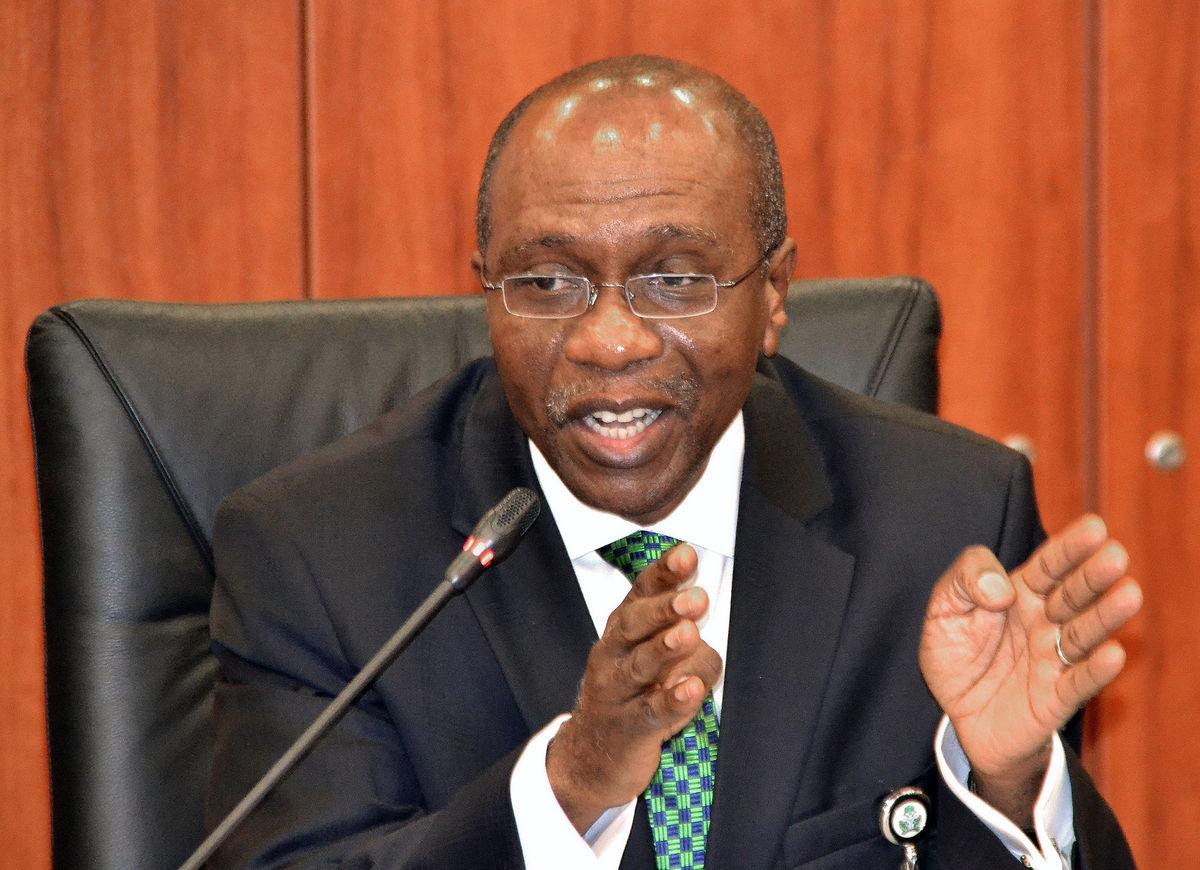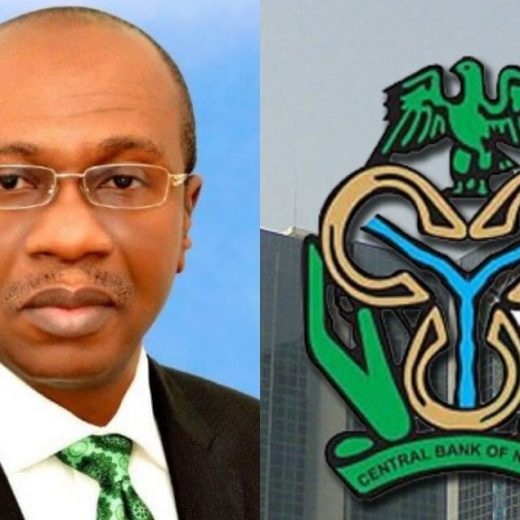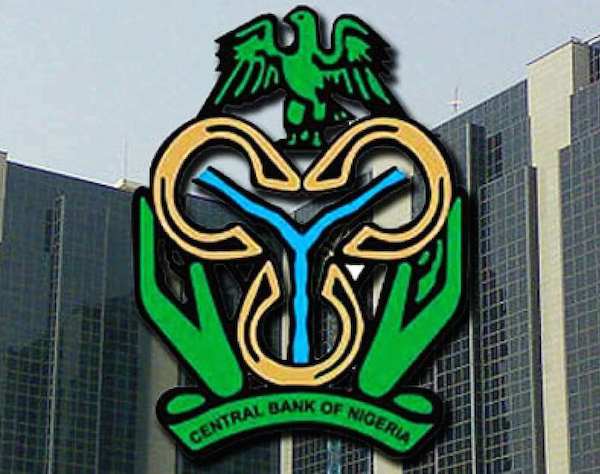Nigeria’s foreign reserves appreciated by $4.45 billion in the first three months (Q1) of 2017 as the Central Bank of Nigeria (CBN) sustained pressure in bridging the gap between official foreign exchange and parallel market rates.
National Daily gathered from the statistics on the CBN website at the weekend that the foreign exchange reserves increased by 17.2 per cent to $30.29 billion on March 30, 2017 from $25.84 billion it opened this year.
Specifically, the foreign reserves, for the first time in 2017, hit $30 billion on March 8, though it hovered around $29 billion and $28 billion in February.
The data also showed that between January and February, the reserves increased by $1.47billion or 5.2 per cent from $28.17billion it opened on January 1, 2017 to $29.6billon on February 28, 2017.
In the same vein, the reserves increased by $650.99 million or 2.2 per cent from $29.6 billion to $30.29 billion between February and March.
ALSO SEE: Nigeria’s foreign debt rises by 6.42% in one year
The growth in the reserves derived majorly from the proceeds of crude oil sales as Benchmark Brent crude oil, according to Nigerian National Petroleum Corporation (NNPC), as at March ending was trading at $52.86 per barrel.
According to OPEC, crude oil price rose significantly by 47.3 per cent, from $31.37 per barrel at end-December 2015 to $53.3 per barrel by end-December 2016. But the disruption in the Niger-Delta mounted pressure on Nigeria’s external reserves that declined from $29.07 billion in 2015 to $25.84 billion in 2016.
Last week, the apex bank set a new naira rate of N362/Dollar, an 11 per cent increase from the rate set in January, for retail exchange bureaus to sell dollars to customers, thus allowing a N2 profit margin and increasing the amount auctioned to each BDC from $8,000 to $10,000 this week.
Aside the development, the CBN continued its daily intervention of $1.5 million on the spot market and also sold a total of $200 million in 60-day currency forward contracts late last month, in its continued bid to boost liquidity.
Experts, however, said the slowdown in foreign exchange allocation to foreign exchange markets by the CBN might have contributed to the reserves’ accumulation in recent weeks.
The Chief Executive Officer, Economic Associates, Mr. Ayo Teriba, attributed the increase to federal government’s intervention in the Niger-Delta region of the country and improvement in global oil prices. “With improved reserves, we have seen the impact on the foreign exchange rate. The gap between the parallel market and official market rates has started closing. As reserves approach $36 billion, Nigeria likely to have adequate foreign exchange supply to meet demand, we might expect the two rates to converge.”
Also lending his voice, the Managing Director, Financial Derivatives Company Limited, Mr. Bismarck Rewane, said steady oil revenue has been driving the foreign reserves recently. “When the oil revenue continued to increase, the reserves was expected to appreciate further but my concern is CBN’s sustained intervention in the foreign exchange”, he said.

 Football1 week ago
Football1 week ago
 Health & Fitness2 days ago
Health & Fitness2 days ago
 Featured5 days ago
Featured5 days ago
 Comments and Issues1 week ago
Comments and Issues1 week ago
 Education6 days ago
Education6 days ago
 Business6 days ago
Business6 days ago
 Crime6 days ago
Crime6 days ago
 Business5 days ago
Business5 days ago









